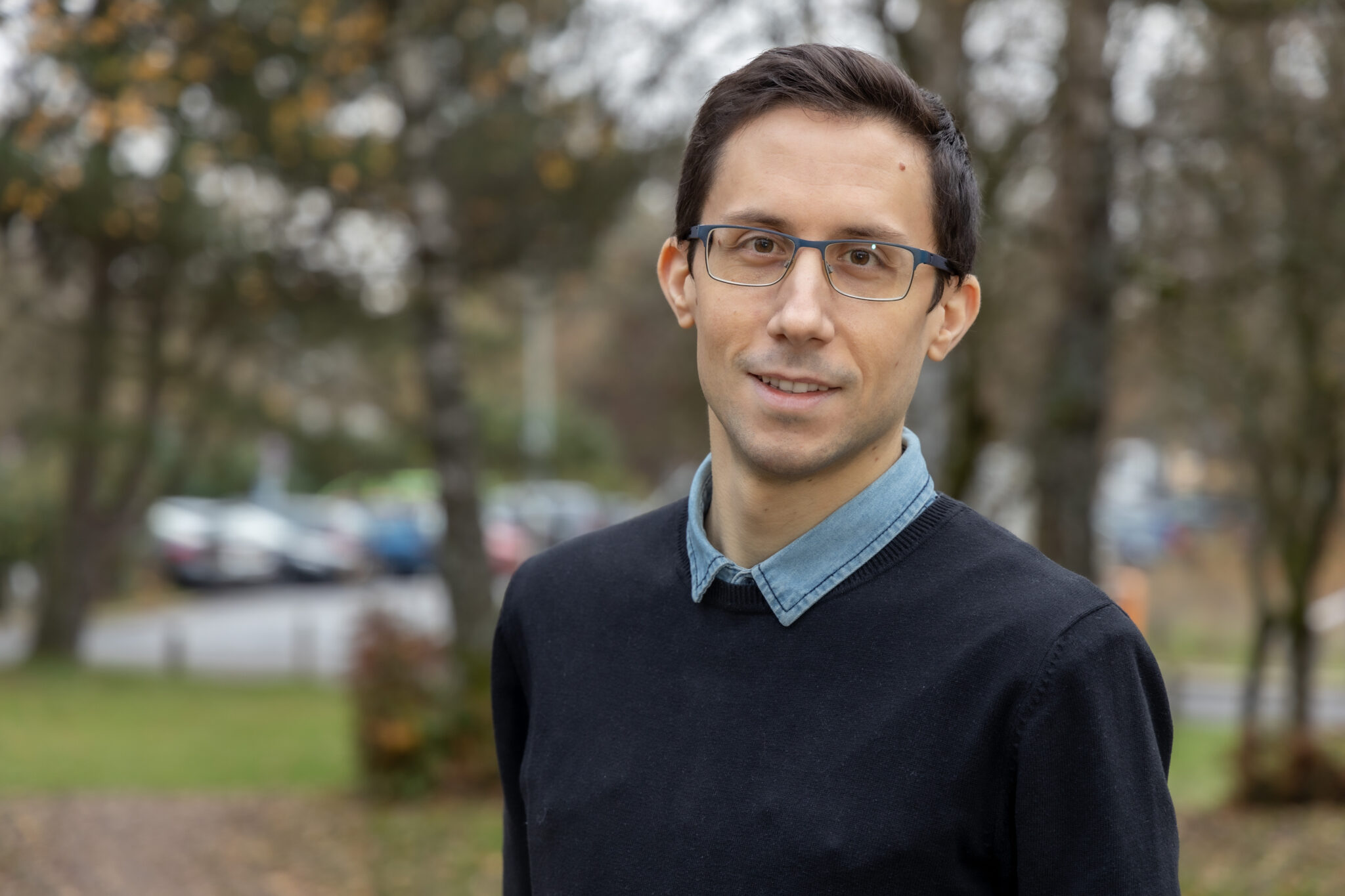Diversity is not just about cultural richness, it also significantly boosts the economy. That’s what University of Luxembourg postdoctoral researcher Dr Andreas Sintos has found through a recent study published in the Journal of Economic Surveys exploring the intricate link between population diversity and economic growth.
In the study, Dr Sintos explored how differences among people in terms of ethnicity, language, religion, and where they were born, influence economic dynamics by using a meta-analysis, a statistical approach that combines results from multiple studies, to draw more robust conclusions from available data.
Dr Sintos discovered that locations with higher diversity see more innovation, a larger pool of ideas, and a broader range of skills in the workforce—all fueling economic success. In particular, diversity stemming from people’s birthplaces and genetic backgrounds shows strong positive effects on economic output. “This kind of diversity not only infuses the workforce with unique skills and fresh perspectives but also brings a wealth of distinct traits and talents that bolster creativity”, Dr Sintos explains. “As a result, these diverse communities are better equipped to tackle global challenges, making their economies more agile, vibrant, and competitive. In essence, when people from varied backgrounds come together, they create a dynamic environment that is conducive to generating new technologies and solutions, driving economic growth.”
‟ This study not only adds to our understanding of economic dynamics but also has important implications for policy-making. It suggests that fostering a welcoming and diverse environment can be a key strategy for economic development.”

Postdoctoral researcher
These conclusions are good news for Luxembourg, which boasts over 170 different nationalities residing within the country and a foreign-born population of 47.3%! [1]
For more detailed information, download the full article in open access on the Journal of Economic Surveys’ website.
[1] Source
